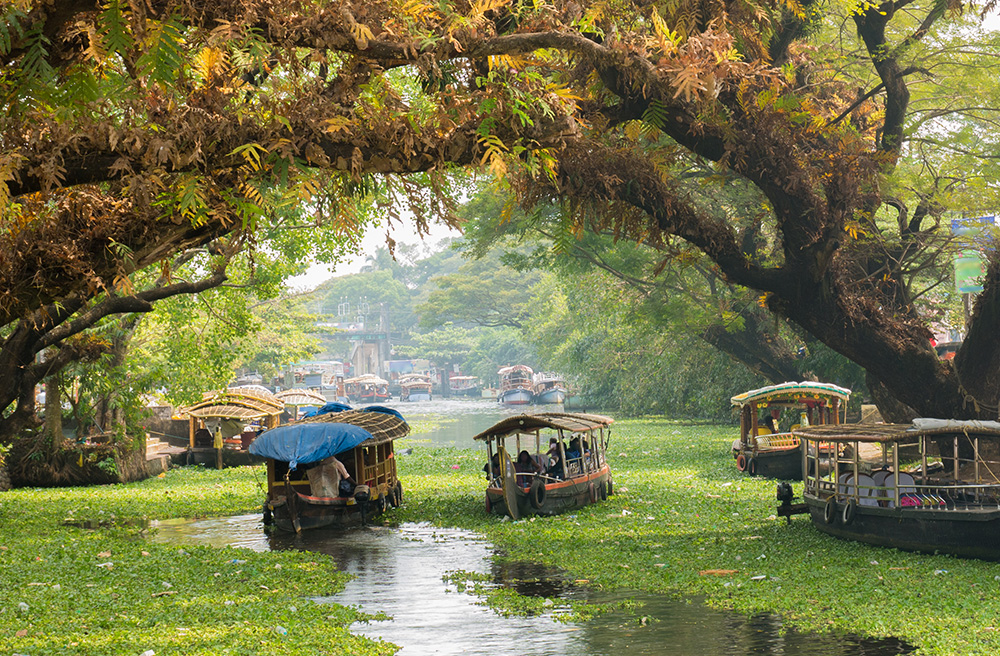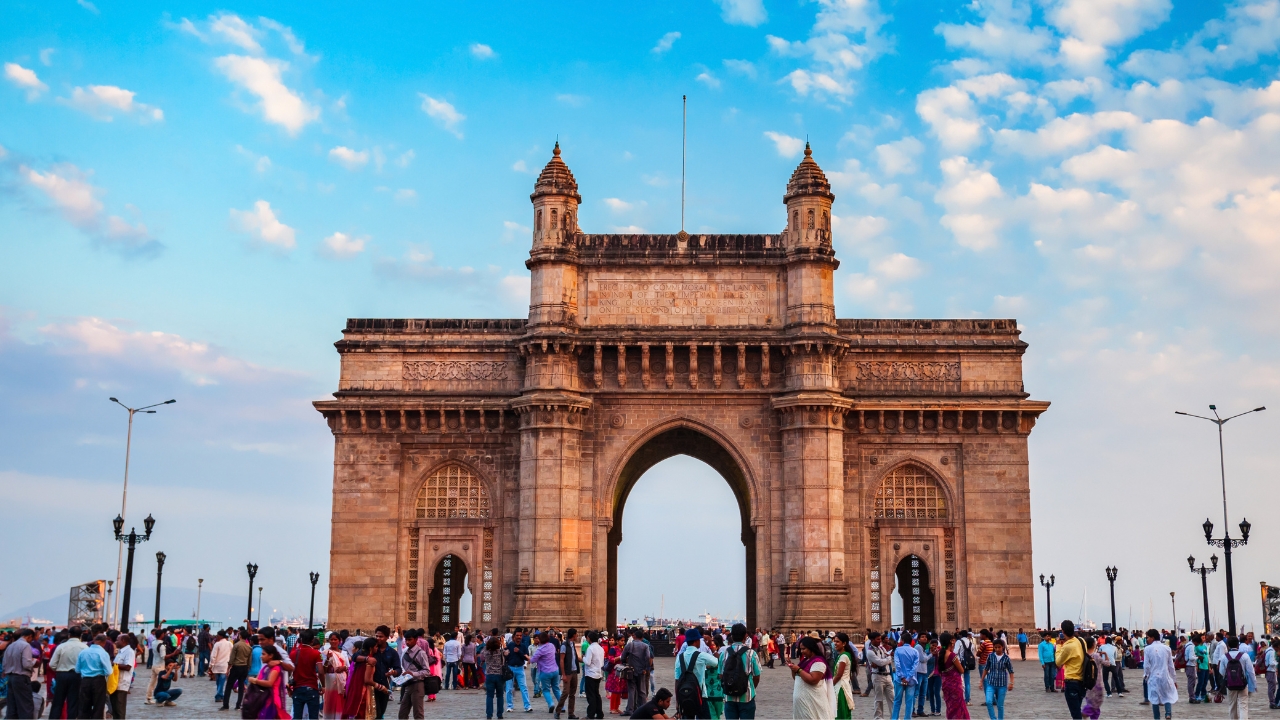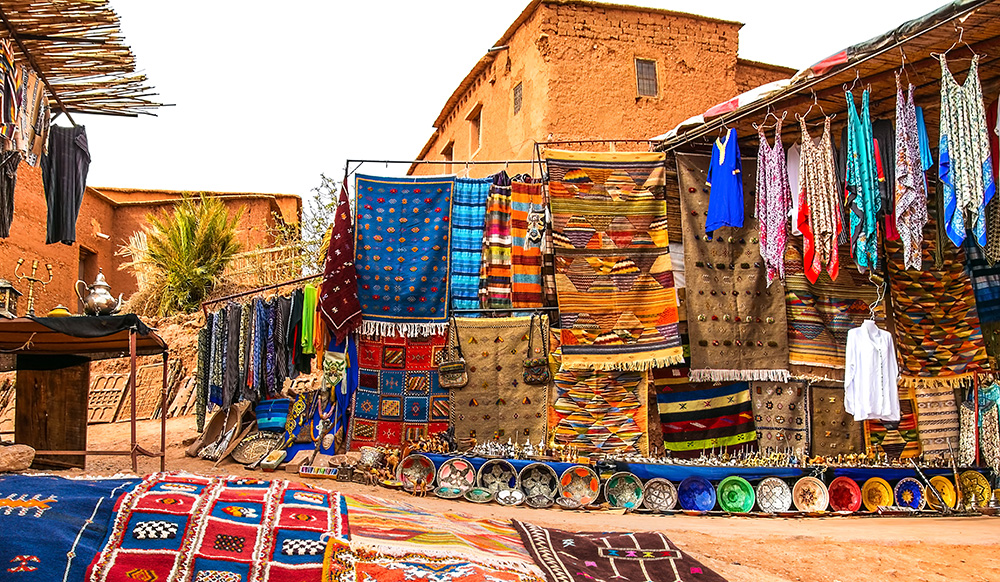

tales of travel
Stories, insights, recipes and more from all over Asia.
Seasonal Holidays and Festive Traditions of the East
Every December, my neighborhood undergoes a magical transformation. Single-family homes spring to life as white icicle lights line rooftops and decorated wreaths hang on front doors. Pine trees twinkle with colors of virtually every spectrum of the rainbow. A nativity scene illuminates brilliantly in one yard, a menorah’s seven lights flicker in the window of a neighbor’s house, while a giant Santa Clause figurine reigns supreme in the yard of another.
These recognizable symbols of the holidays are so familiar to us and hint at the meaningful rituals and gatherings that will take place in homes across the country. Across the globe in Asia, seasonal traditions both religious and non-religious are held throughout the year and are as much a backbone of their culture as our holidays are to us. The commonality between many of these traditions is that they mark a time of year that is replete with reflection, thankfulness, family bonding, gift giving and personal renewal.
As we inch closer to the end of the year, we leave you with a smattering of our favorite seasonal traditions from the East and wish all of you the happiest and merriest of holidays, regardless of what you and your family celebrate.
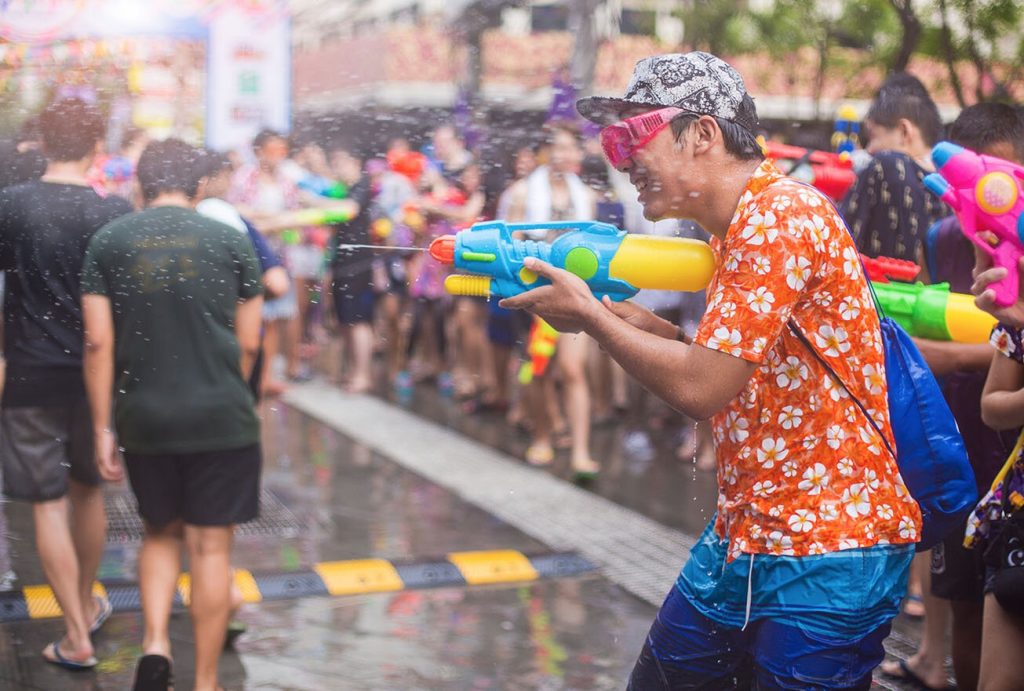
Songkran Water Festival
Thailand
Songrkran, a Thai New Year holiday, is a five-day festival held in mid-April annually. The largest celebration in all of Thailand, this water festival represents purification and washing away of sin and bad luck. This purification effort also includes cleansing of homes, Buddha statues and other belongings. Festival-goers douse each other with water from cannons and buckets to spread good blessings and promote purification while dancing and partying in the street!
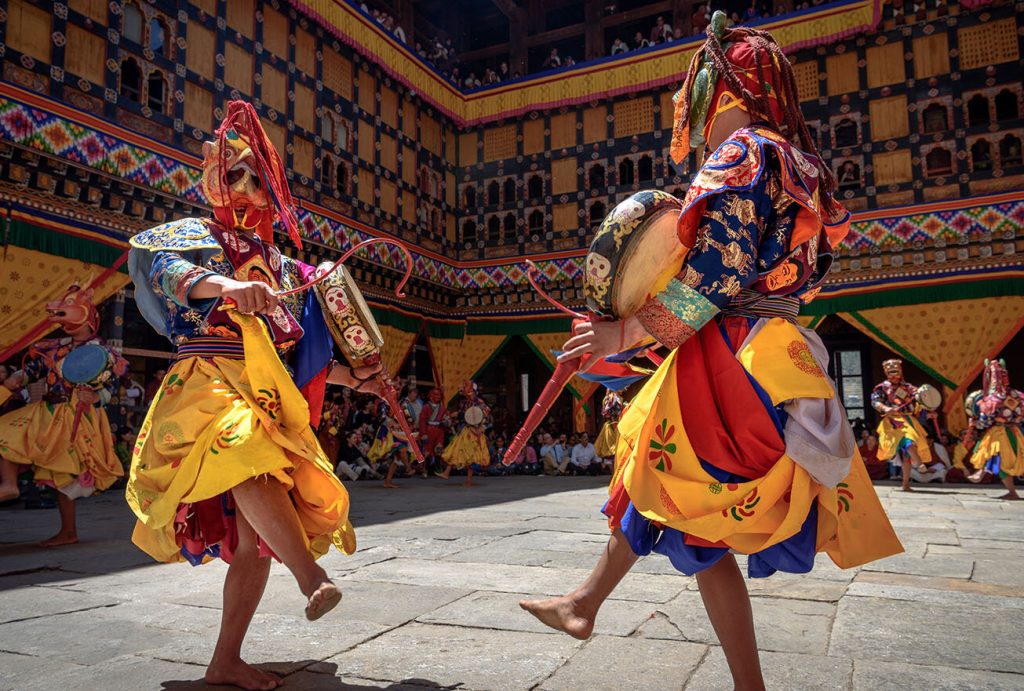
Tsechu
Bhutan
The Bhutanese hold illustrious festivals featuring colorfully costumed and masked dances. Locals receive blessings for attendance and enjoy the camaraderie of friends and family during these festivals. Many have traveled for miles by foot while wearing their finest hand-woven clothes. Dance performances unfold all day amidst swirling incense, streaming costumes, ancient, magically charged masks and sacred rites. Large-scale festivals in Bhutan include the Thimphu Tsechu in the fall and Ura Tsechu in the spring. The Jakar Tsechu in autumn and the Trongsa Tsechu in winter are more intimate in scale.
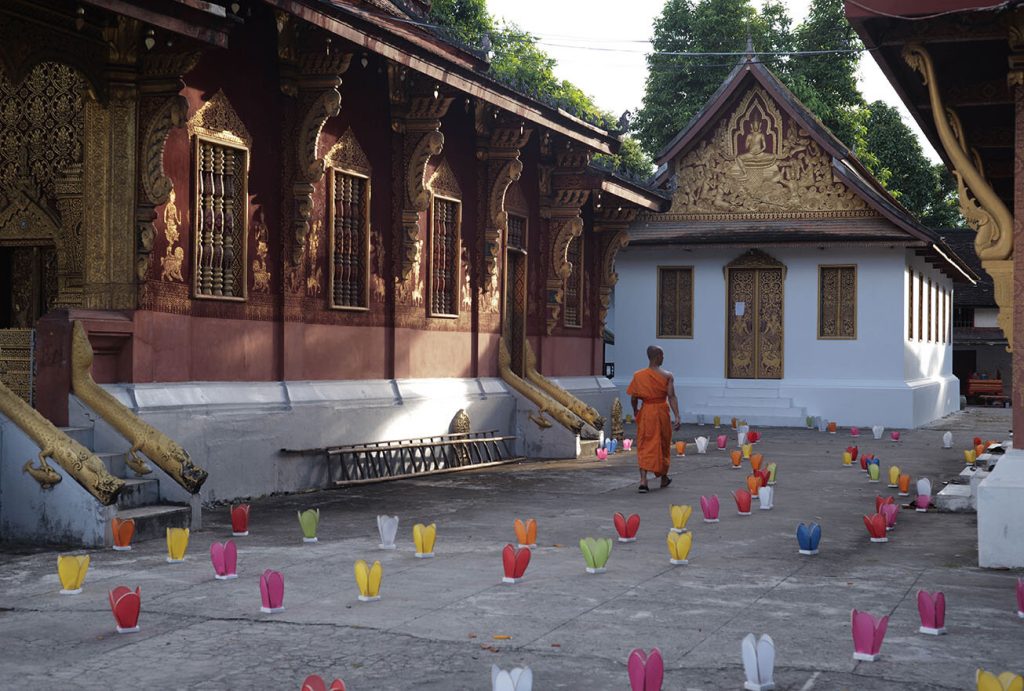
That Luang Festival
Laos
The greatest of Laos festivals, That Luang Festival is a three-day religious event held during November’s full moon in Vientiane. Located at That Luang Stupa, thousands of pilgrims gather to witness monks chanting and receiving offerings, along with a candlelight procession. Music fills the air and fireworks, intended as offering of flowers of light to Lord Buddha, illuminate the night sky.
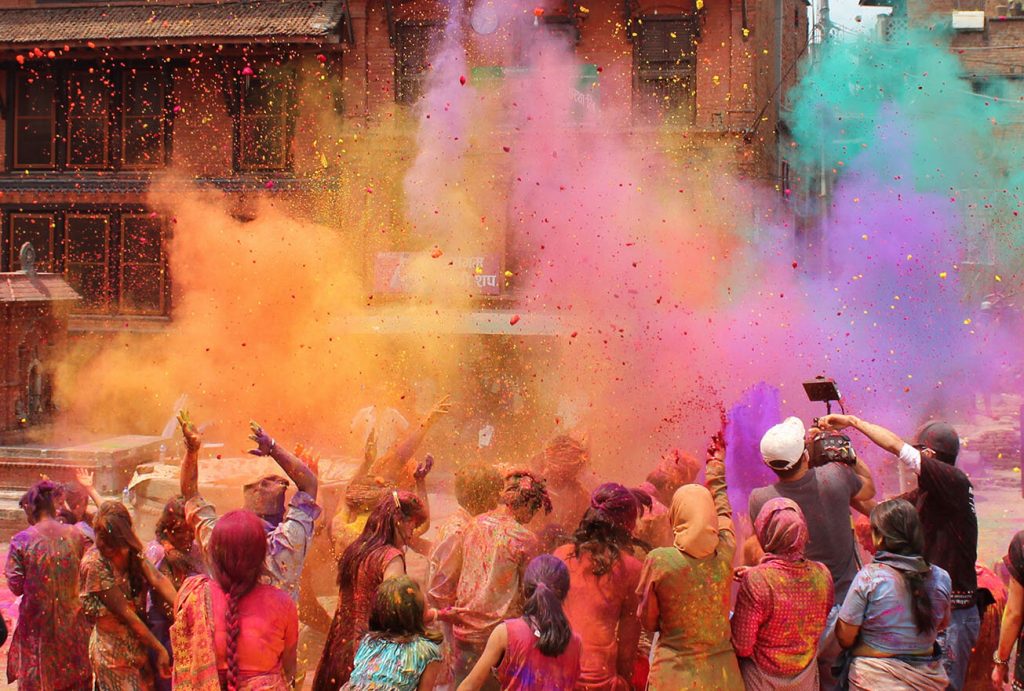
Holi Festival
India
To dispel notions that India doesn’t have its fair share of jubilant traditions, another Indian festival makes our list. The exuberant celebration of Holi honors the triumph of good over evil with the defeat of Holika, a demoness, by Lord Vishnu, the Hindu god of preservation. Festival attendees cover their faces with colored powder and douse water while dancing and chanting under water sprinklers. Known as the festival of color and love, Holi is one of the most revered events in India and is celebrated throughout the country. The celebration also marks the end of winter and the arrival of spring.
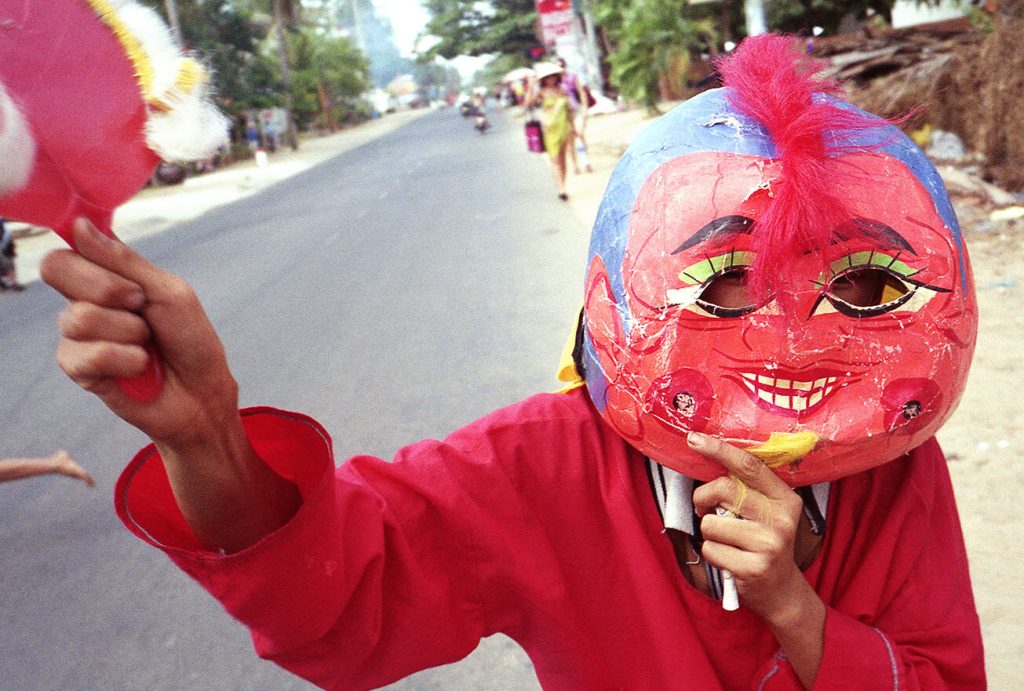
Tet
Vietnam
Tet, a 6-day Vietnamese New Year celebration, typically occurs some time between late January and early-February. Towns and cities are adorned with decorations as parades clatter along with drums, instruments, fireworks and gongs to scare away evil spirits. Loud and raucous celebrations aside, it’s also a time for family members to come together, bond and pay respect to ancestors.
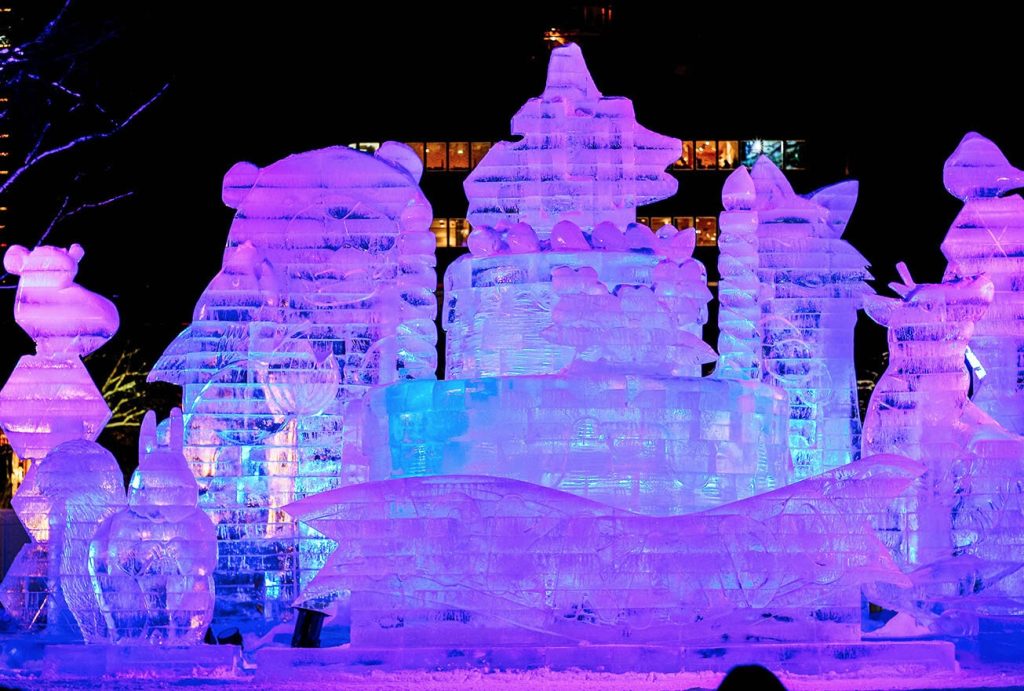
Yuki Matsuri – Sapporo
Japan
A recent tradition started by students in the 1950s who built snow statues in the city of Sapporo, it has evolved into one of the largest snow and ice sculpture festivals in the world. Now known as the Sapporo Snow Festival, the tradition is held yearly in February. The primary venue, Odori Site, features a handful of humongous snow sculptures, in addition to hundreds of smaller ice and snow sculptures.
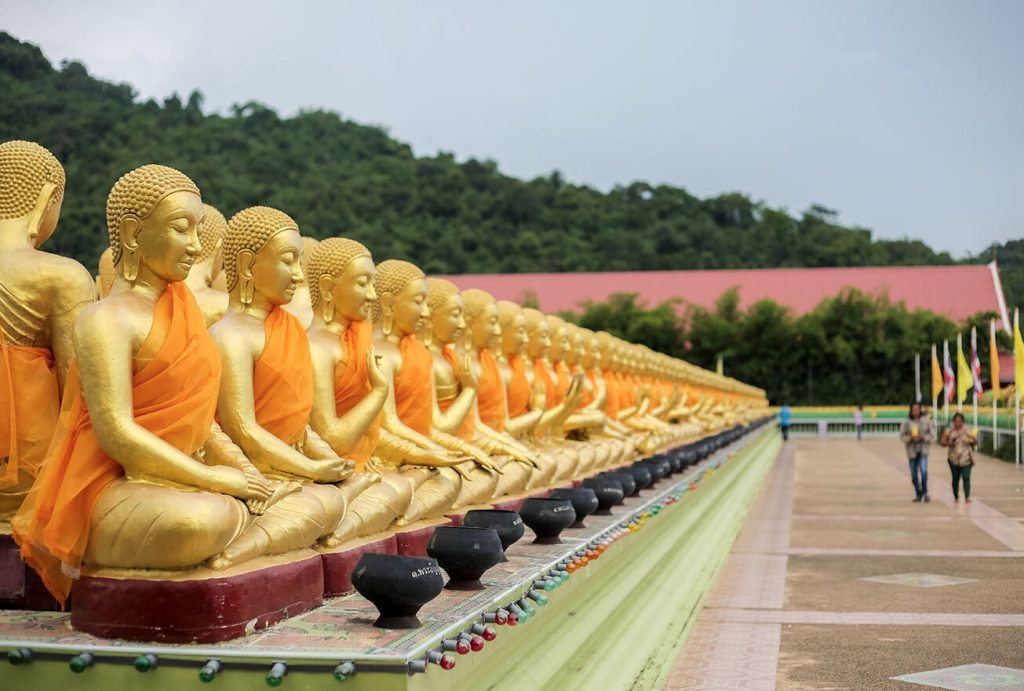
Māgha Pūjā
Laos
The Māgha Pūjā, also known as Sangha Day, is a religious festival held at night during the full moon in February. Honoring the death and teachings of Buddha, monks celebrate with a candlelight, incense and flower procession that migrate from temple to temple. In groups, monks will circle temple halls three times in a clockwise direction to honor the three jewels of Buddhism – the Buddha, Dharma and Sangha. Buddhists celebrate the religious festival by giving back to their communities through activities such as alms giving.
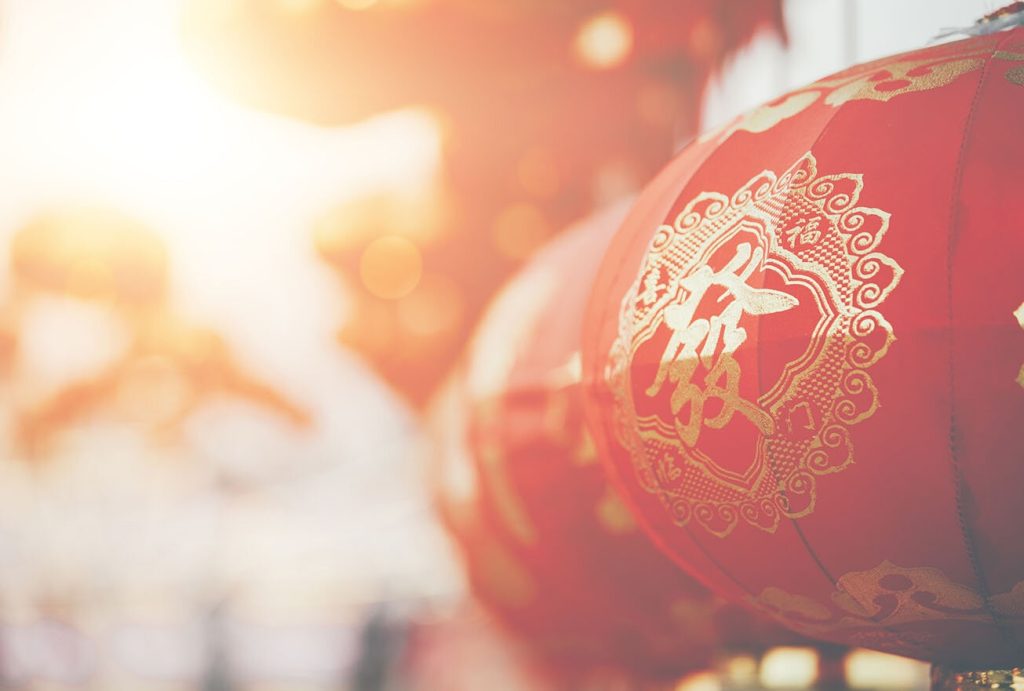
Lunar New Year
China
While many Asian countries ring in the Lunar New Year with their own versions of celebrations, it’s considered the most important holiday and the biggest festival in China. Villages, cities and towns alike are infused with endless parades, celebrations, firework displays, colorful decorations and special food traditions. Celebrated by many for up to two full weeks, the Lunar New Year is a time for family bonding and is often a time Chinese use to cleanse their homes for the impending spring season.
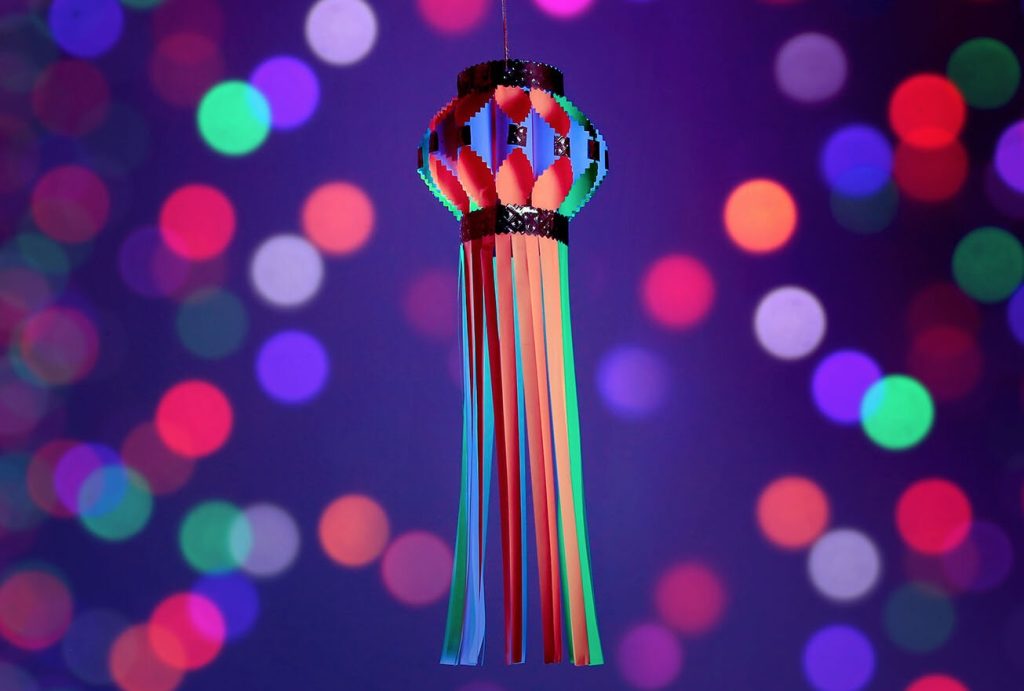
Diwali / Deepvali
India
While Christmas is a state holiday in India, Diwali is perhaps one of the most meaningful of traditions in the country. Known as the Hindu festival of lights, Diwali is celebrated every year during late fall. This 5-day jovial celebration originated in India and has ancient roots. Often celebrated with family and friends, followers dress in their finest clothes, decorate and illuminate their homes, light fireworks, partake in large family dinners, exchange gifts and offer prayers to Lakshmi and Ganesha in hopes of prosperity, wealth, happiness and health.
—-
Aligning your travel to Asia to coincide with festivals and holidays is a great way to explore wonderful, long-held traditions that are treasured by a culture. ATJ specializes in customizing your cultural immersion so that you’re a part of the celebration rather than simply a witness of it. Start planning you adventure today with ATJ to learn why we provide a Journey Beyond the Ordinary™.
sign up for our
Newsletter
Stay current with all the latest being offered from ATJ, as
well as updates on Asia Destinations.













